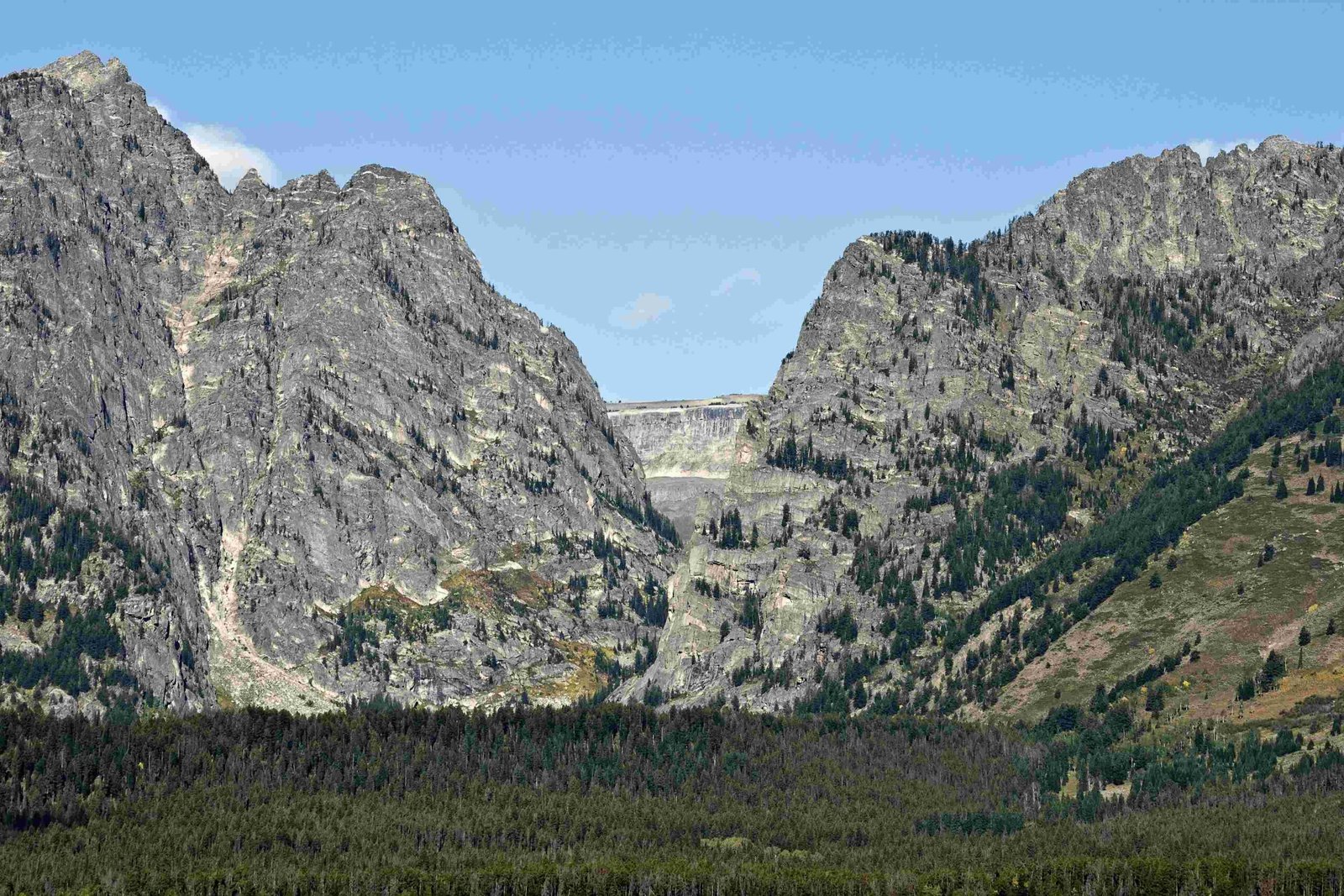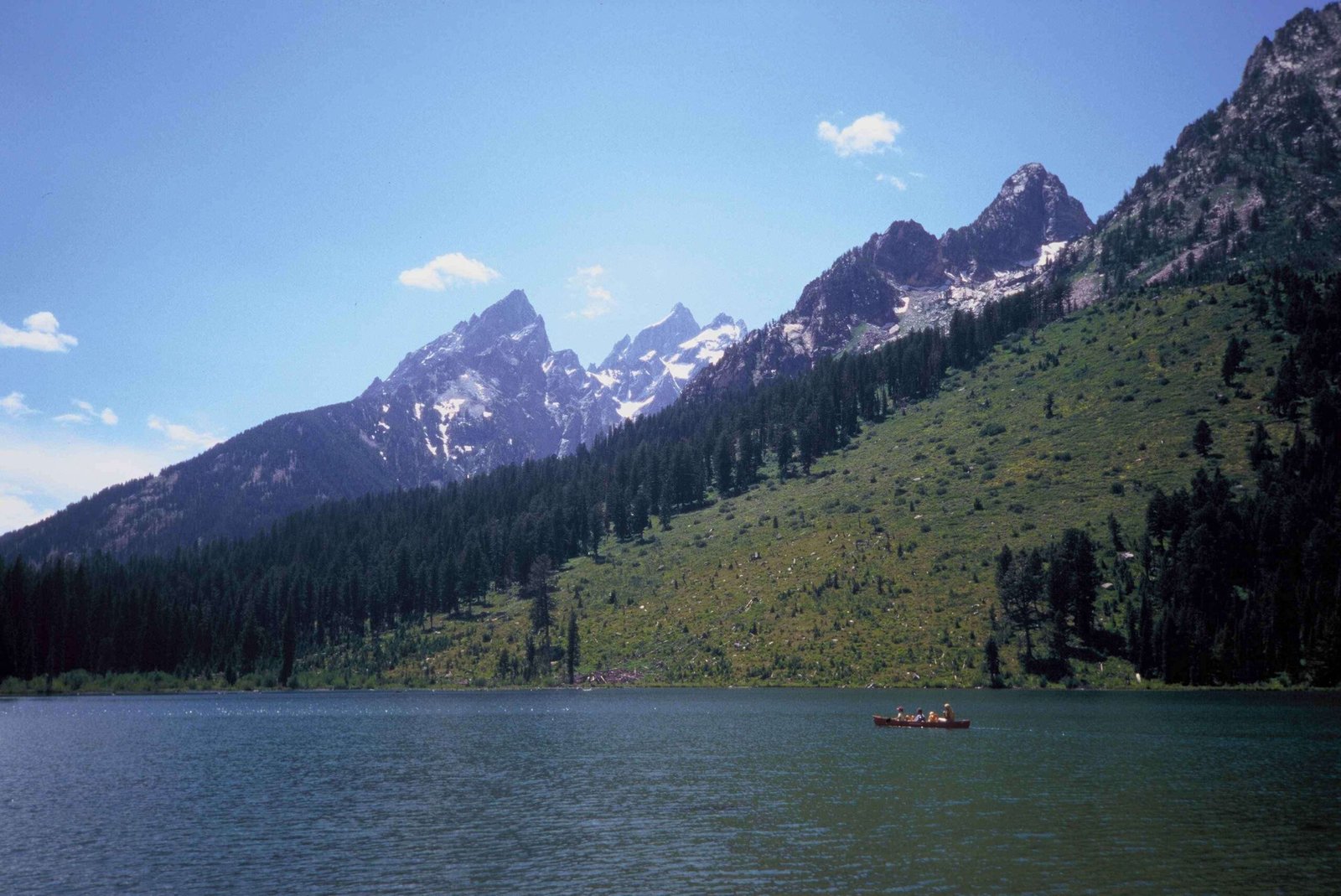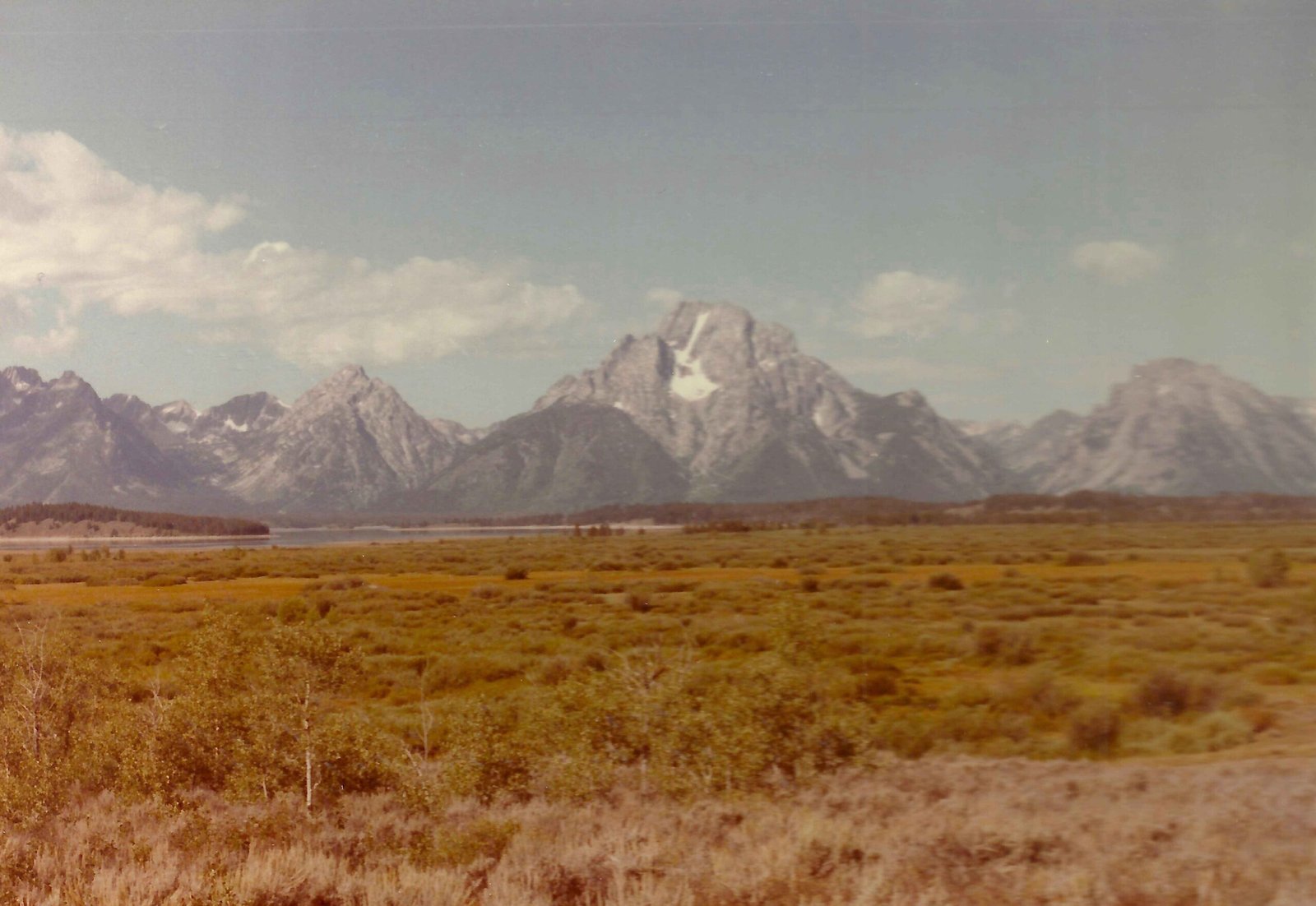Grand Teton National Park’s Commercial Use Authorization (CUA) is a critical regulatory framework that enables businesses to conduct commercial activities within the park’s pristine boundaries. This comprehensive system ensures that commercial operations maintain environmental integrity, protect visitor experiences, and contribute responsibly to park management while providing unique services to park visitors.
What is a Commercial Use Authorization?

A Commercial Use Authorization represents an official permit granted by Grand Teton National Park that allows businesses to conduct specific commercial activities within park boundaries. These authorizations cover diverse operations such as:
- Guided tours
- Photography services
- Scientific research
- Educational programs
- Recreational service provisions
Who Needs a Commercial Use Authorization?

Businesses requiring a CUA typically include:
| Business Type | CUA Requirement | Typical Activities |
|---|---|---|
| Tour Operators | Mandatory | Guided hiking, wildlife viewing |
| Photography Professionals | Required | Wedding, landscape photography |
| Research Organizations | Mandatory | Ecological studies, wildlife monitoring |
| Educational Institutions | Required | Field trips, scientific expeditions |
How to Apply for a Commercial Use Authorization?
Step-by-Step Application Process
- Initial Preparation
- Review park’s CUA handbook thoroughly
- Gather comprehensive business documentation
-
Understand specific park regulations
-
Documentation Requirements
- Detailed business plan
- Proof of insurance
- Operational safety protocols
-
Proposed park activity descriptions
-
Fee Structure
- Base permit fee
- Percentage of gross receipts (typically 3%)
- Additional activity-specific charges
What Are the Key Operational Guidelines?
Commercial operators must adhere to strict guidelines:
- Minimize environmental impact
- Protect wildlife habitats
- Ensure visitor safety
- Maintain park resource preservation
- Comply with all federal contractor regulations
What Challenges Might Businesses Encounter?
Potential challenges include:
- Seasonal access restrictions
- Limited facility availability
- Strict environmental protection protocols
- Complex permit renewal processes
- Competitive authorization allocations
What Are the Financial Considerations?
Cost Breakdown
- Base Permit Fee: $300-$1,500 annually
- Gross Receipt Percentage: 3-5%
- Additional Activity Fees: Varies by service type
What Documentation Must Be Maintained?
Businesses must maintain:
- Current CUA certificate
- Comprehensive insurance documentation
- Operational logs
- Safety incident reports
- Annual financial statements related to park activities
How Often Are Authorizations Reviewed?
- Annual comprehensive review
- Periodic on-site inspections
- Performance evaluation against initial proposal
- Potential modifications or revocation based on compliance
What Are the Penalties for Non-Compliance?
Potential consequences include:
- Immediate permit revocation
- Financial penalties
- Prohibition from future park operations
- Legal action for severe violations
Pro Tips for Successful CUA Management
- Maintain transparent communication with park management
- Stay updated on regulatory changes
- Invest in comprehensive staff training
- Prioritize environmental stewardship
- Document all operational activities meticulously
Conclusion
Navigating Grand Teton National Park’s Commercial Use Authorization requires diligence, commitment to environmental preservation, and strict adherence to regulatory frameworks. Successful businesses view the CUA not as a bureaucratic hurdle but as a collaborative opportunity to contribute to park conservation while offering exceptional visitor experiences.

